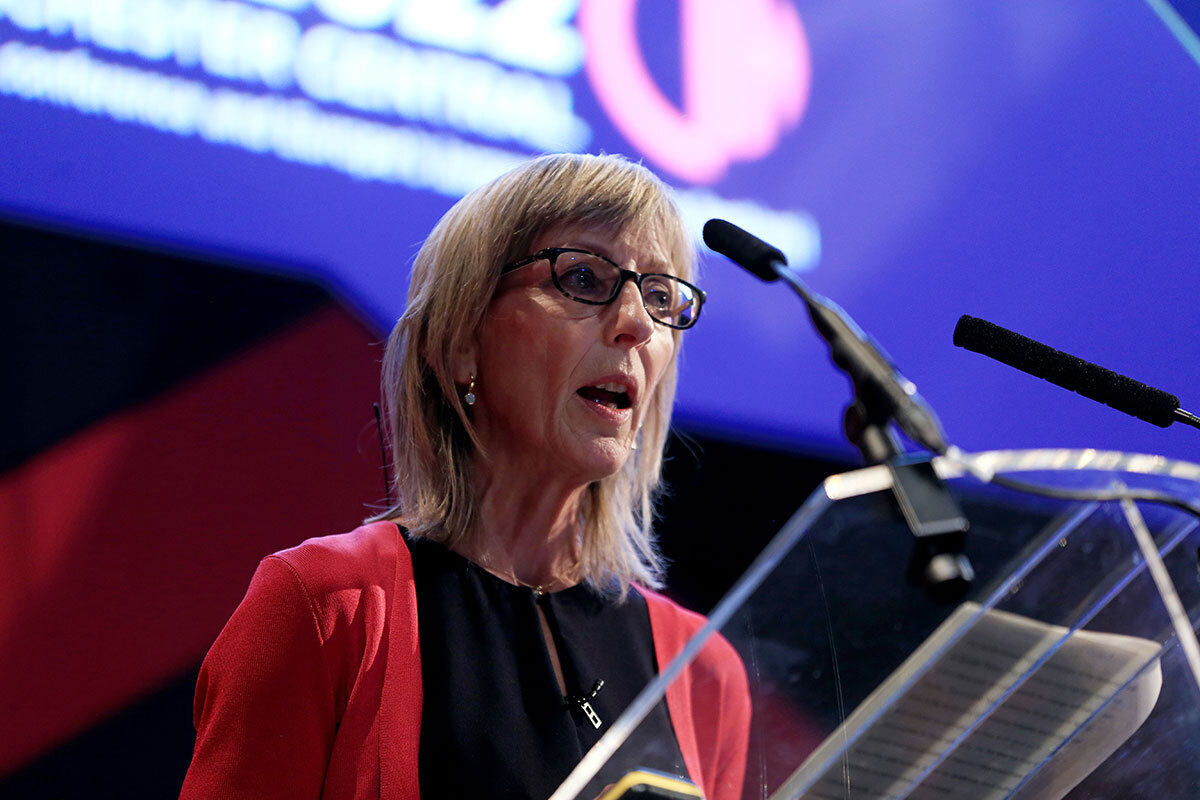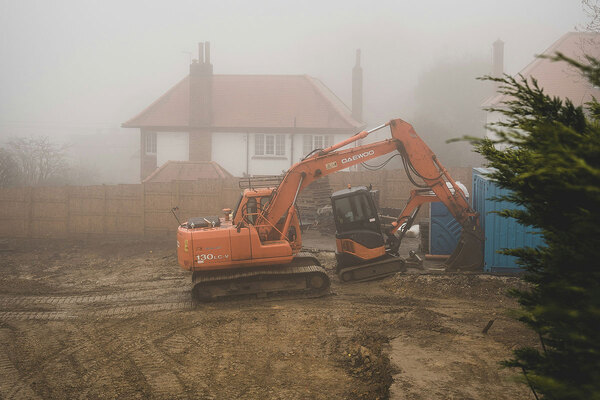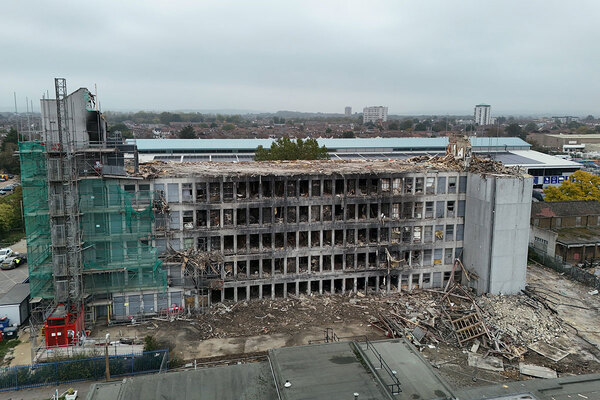You are viewing 1 of your 1 free articles
Government going ahead with abolition of 300,000 homes target
The government is “committed” to scrapping the 300,000 homes a year target, the new housing minister has confirmed.

Speaking to Inside Housing at the Conservative Party conference in Birmingham, Lee Rowley said that new prime minister Liz Truss has been “clear that she wants to abolish top-down housing targets”, while the government is currently “working through” the policy changes.
The target, which aims to increase housing affordability by delivering 300,000 homes per year by the mid-2020s, was unveiled in 2017 by then-chancellor Phillip Hammond.
The figure was also included in the 2019 Conservative manifesto. In 2019-20, 242,700 homes were delivered, followed by 216,490 in 2020-21.
However, Ms Truss has been vocal about her opposition to having housing targets set by central government.
Mr Rowley said: “Liz was clear over the course of the summer that she wants to abolish top-down housing targets and she said that on multiple occasions.
“So we’re working through that policy change – obviously there is quite a lot to think about in terms of how to do that.”
The housing minister said more details can be expected in the coming weeks.
He added: “The prime minister has made a commitment. The government is committed to removing it, so we’ll be working through how we do that.”
One of the major concerns for social housing providers at the moment is the proposed rent cap, which aims to ensure that tenants do not face a huge rent hike amid the cost of living and energy crises.
Social housing rent rises are currently capped by government at a maximum of the Consumer Price Index (CPI) of inflation plus 1%, set in September.
But as inflation has soared this year, that formula would mean rents could be raised much more than usual.
Currently going through consultation, the proposals include a rent cap of 3%, 5% or 7%.
However, given the significant pressures social landlords are under, they are concerned that without extra support, their development pipelines and ability to carry out repairs and maintenance will be impacted.
Kate Henderson, chief executive of the National Housing Federation, warned that supported housing could become unviable.
Mr Rowley did not commit to extra funding, but said that he believes “the sector has been clear” about its concerns.
“The consultation is under way at the moment. We understand the concerns, we know there are challenges here. It’s been articulated already in my time in post,” he said.
“We’ll let that consultation conclude, see what the outcome is of it is.”
Elsewhere, the new housing minister did not confirm or deny whether the Right to Buy extension would be going ahead.
The long-running but unimplemented proposal re-emerged under Boris Johnson in June. It was met with backlash in the sector.
Mr Rowley said: “We’re on day 27… we are working through all of the different areas of the policy portfolio to understand where things are, where they were due to go, as would be normal for a new government and new set of ministers.”
With the announcement of a new planning bill in the chancellor’s controversial Mini Budget, there have been questions over whether the Levelling Up and Regeneration Bill will go ahead at all.
Mr Rowley said he anticipates that it will go through the normal parliamentary process.
“We’ll be back into committee in the coming weeks ahead and completing the remaining clauses in that bill. Then there will be an opportunity to look at what is in the bill at report stage, that I’m sure many of my colleagues will be seeking to look at whether to amend it from the backbench. The government will also look at what it does or doesn’t want to do at that stage.
“That’s one where I would anticipate the process will continue as is usual through the parliamentary process,” he said.
Sign up for our development and finance newsletter
Already have an account? Click here to manage your newsletters











